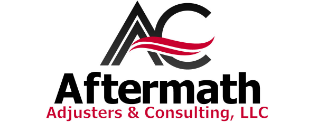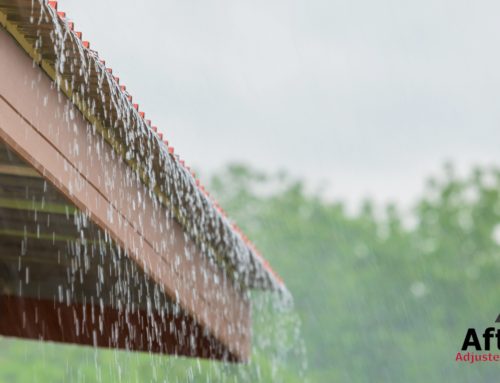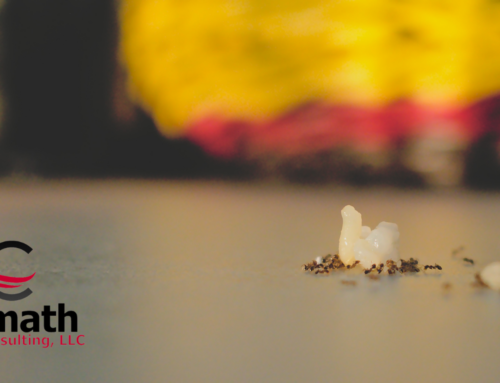Photo by: ilovebutter License: https://creativecommons.org/licenses/by/2.0/legalcode
There are two different types of value in Cash Value Insurance policies: Actual Cash Value (ACV) and Replacement Cash Value (RCV). Each of these plays an important role in your insurance claim. To help you understand these terms a little better, let’s discuss the difference between ACV and RCV insurance policies and what those differences could mean for you.
Depreciation Covered?
When your property experiences damage, your insurance provider must pay you to help cover the cost of your loss. This is indemnity, and helps you repair your property back to the same condition before the disaster occurred.
The policyholder should only receive enough to fully restore their losses; no more and no less. They should not make a profit off of the indemnity.
So what happens in a situation where your 15-year-old fridge is damaged in a house fire? Would you receive the same coverage as a two-week-old fridge that was damaged? This is where ACV and RCV come into play.
Actual Cash Value = Replacement Cost-Depreciation
Actual Cash Value (ACV) is the replacement cost minus depreciation. The replacement cost is the amount it would cost today to replace or repair your property back to pre-loss condition. Depreciation is the age and condition of your property before it was damaged.
To help you understand this process, we will look at a situation many homeowners face after a disaster such as a hurricane.
Example: RCV and ACV for a Hurricane-Damaged Home
Let’s say your home built in 1970 has damage by a hurricane that causes $50,000 replacement cost (RCV) damages. This means repairing your home to its pre-damaged condition would cost $50,000.
The insurance company then deducts $10,000 depreciation from the RCV of $50,000, making the ACV payment $40,000.
If you have an ACV insurance policy, this means you will only receive $40,000 to repair your home from the hurricane damage. You will not receive compensation for the $10,000 of depreciation that has occurred over time.
If you have an RCV insurance policy, you can reclaim the depreciation cost of $10,000 if it costs more than the $40,000 to repair your property. You will need to prove this through documentation, such as invoices, receipts, and an inspection when completed. Once you provide the necessary information, your insurance company must pay the recoverable depreciation.
The Pros and Cons of Both Policies
ACV insurance policies are cheaper than RCV insurance policies, but this is because the ACV policy won’t cover depreciation. Depreciation on any property, even new ones, can account for a large percentage of its value.
Therefore, you will have to decide for yourself where you want to take the pay cut. Do you want lower premiums today that will give you a lower payout in the future? Or are you willing to pay more now for a bigger payout later? This is something you will have to consider carefully.
Higher Values and Lower Depreciations? Ask a Public Adjuster
An insurance company is not going to pay more than they legally have to. If you believe your insurer has given your property a depreciation that is too much, a public adjuster can help. We will help you work with your insurance agency to lower the depreciation of your property and raise your ACV.
Whether you have an ACV or RCV insurance policy, a public adjuster helps make sure you receive the amount you are legally warranted. Call Aftermath Adjuster & Consulting, LLC to discuss your current policy and how its pros and cons during potential disasters.









